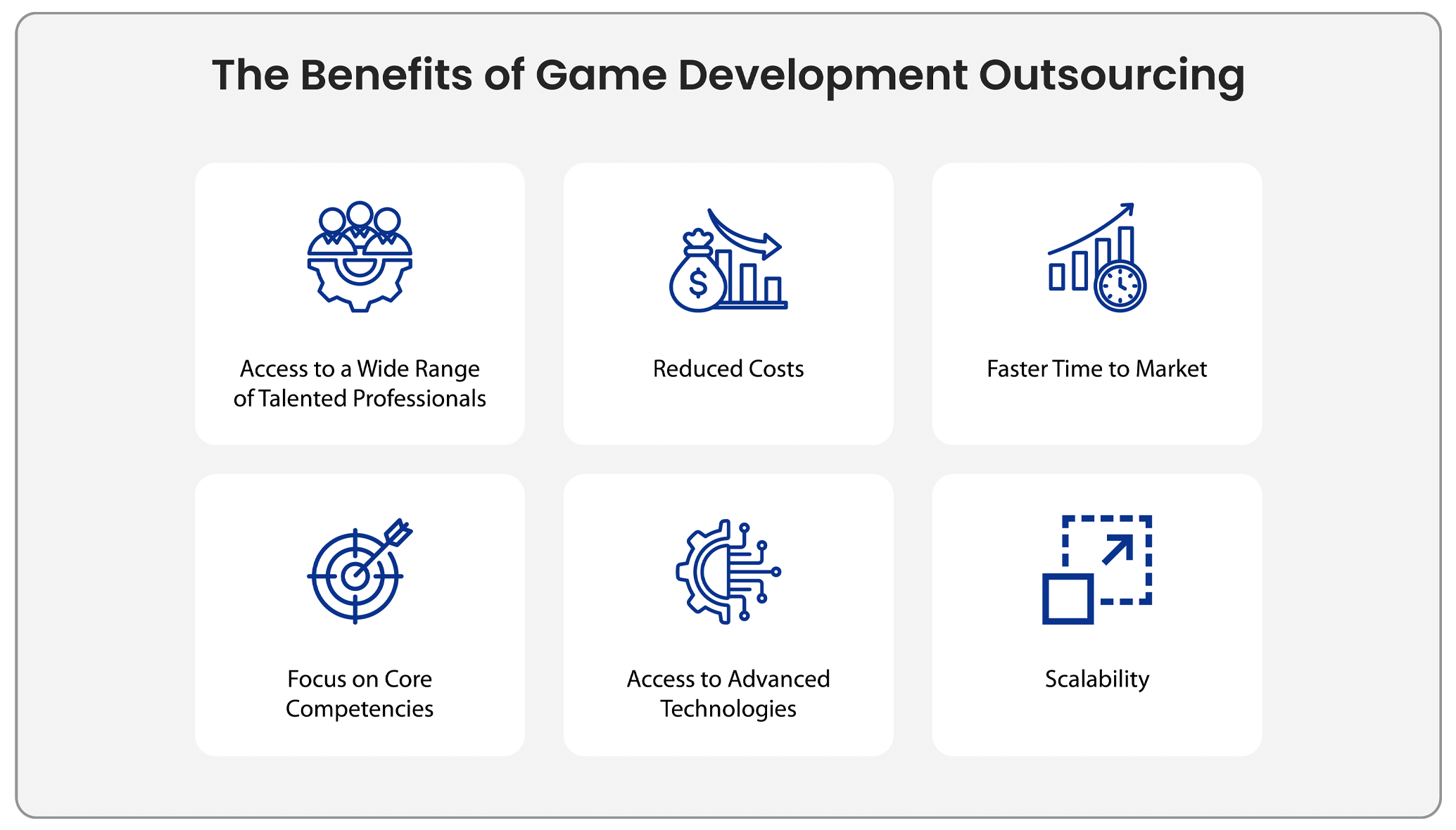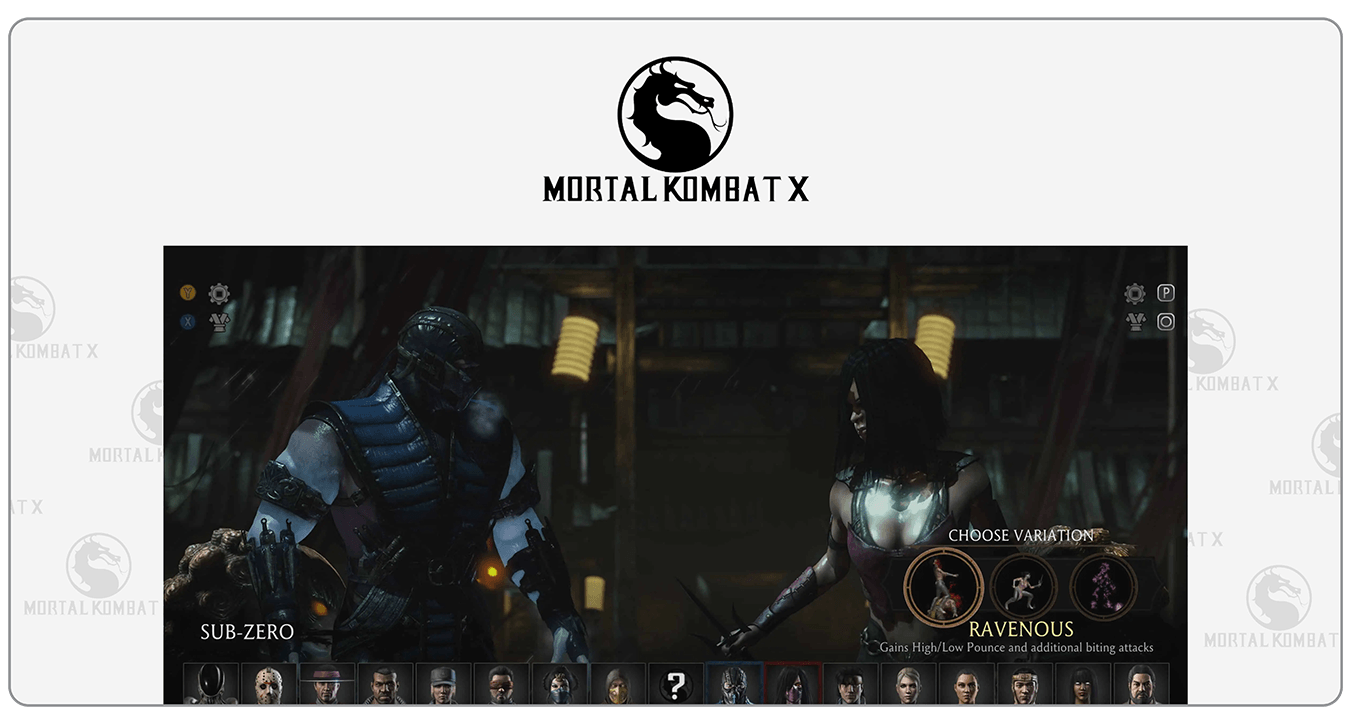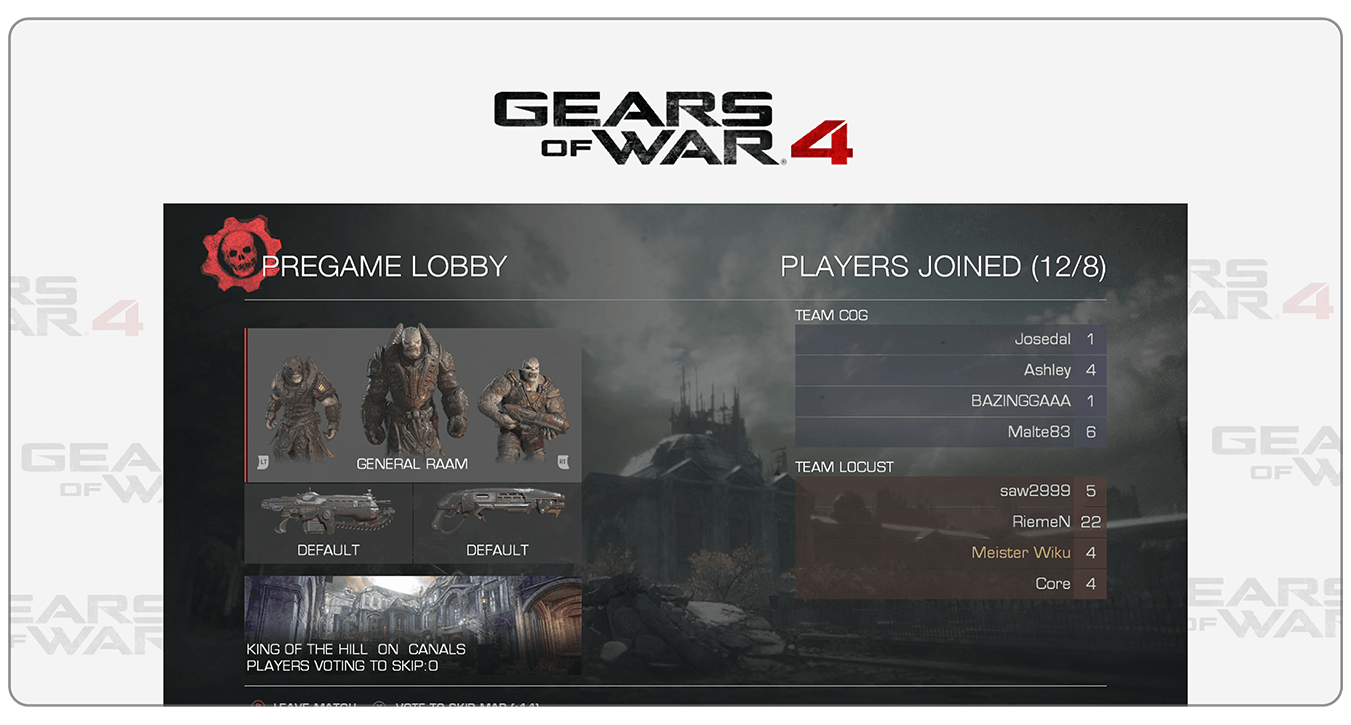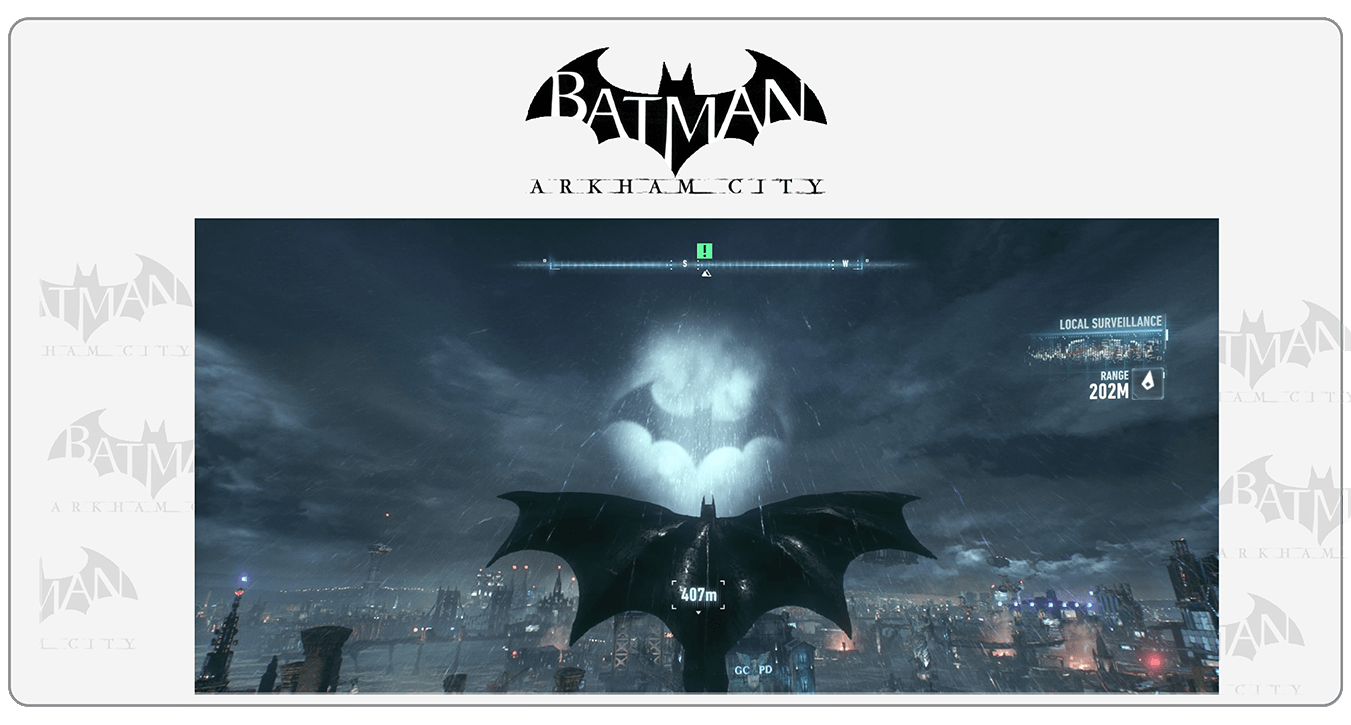Game Development Outsourcing: Is it right for your business?
Are you finding it challenging to keep up with the fast-paced demands of game development or struggling to find the specialized talent your projects require? If so, Game Development Outsourcing might be the perfect solution for your business. Outsourcing offers numerous advantages, such as cost savings, access to specialized skills like Blockchain Development and Smart Contract Development, and improved project efficiency. However, outsourcing also comes with challenges, including potential communication gaps, quality control issues, and concerns over intellectual property protection.
Before outsourcing game development, businesses must assess their unique needs, resources, and long-term goals. In this blog, we’ll explore the pros and cons of outsourcing and offer insights for companies considering partnering with a game development company or game developer. We’ll also cover key factors to consider when selecting an outsourcing partner, such as experience with Web3 Game Development Services, expertise in Metaverse NFT Game Development, and the ability to provide Custom Blockchain Development solutions like Blockchain Wallet Development.
By the end of this blog, you’ll understand whether outsourcing game development, including advanced technologies like blockchain and Web3, is the right fit for your business.
What is Game Development Outsourcing?
In the video game industry, game development outsourcing refers to the business practice of hiring a third-party provider to develop all or part of a video game. The third-party provider is often based in a different country, where the cost of living and labor is lower, allowing companies to save on expenses while enhancing productivity. Outsourcing provides access to specialized skills such as Web3 Game Development Services, Blockchain Development, and Smart Contract Development that may not be readily available in-house.
Various tasks can be outsourced, including game design, programming, graphic creation, sound design, and quality assurance testing. For businesses developing cutting-edge technologies like Metaverse NFT Game Development or implementing Custom Blockchain Development solutions, outsourcing offers access to experienced professionals without the need to build an internal team from scratch. This practice is widespread in the gaming industry and is used by small indie studios and large established companies.
If you’re considering outsourcing, selecting a game development company or game developer that aligns with your project’s goals, including expertise in Blockchain Wallet Development or other advanced technologies, is crucial. (Read more about How Do You Select the Best Game Development Company for Your Project?)
Factors to Consider Before Outsourcing A Game Development
Outsourcing game development can be a great way to reduce costs, increase production efficiency, and gain access to specialized skills like Web3 Game Development Services or Blockchain Development. However, before making any decisions, it’s essential to evaluate if outsourcing is the right option for your business. Here are some key factors to consider:
Project Size and Complexity
If your game project is small or has straightforward requirements, outsourcing may not be necessary. However, for large and complex projects, outsourcing could save you significant time, money, and effort. This is especially true if you’re incorporating advanced technologies like Metaverse NFT Game Development or Custom Blockchain Development.
In-house Talent and Resources
If your in-house team of game developers has the skills and capacity to complete the project, outsourcing may not be required. However, if your team lacks specialized expertise, such as Smart Contract Development or Blockchain Wallet Development, outsourcing can help you achieve your goals within time and budget constraints.
Budget and Cost-effectiveness
Outsourcing can be a cost-effective solution, particularly if you find a reliable game development company with lower labor costs. Compare the expenses of outsourcing versus in-house development to determine which is more cost-effective for your project.
Time Constraints
If you’re working with tight deadlines, outsourcing can accelerate the development process, ensuring timely delivery. A well-established outsourcing partner can help you meet project deadlines while maintaining high-quality standards.
Quality and Reliability
When outsourcing, the quality of the project relies heavily on the third-party provider. It’s crucial to vet potential partners, ensuring they have a proven track record of delivering high-quality work on time, whether they specialize in Blockchain Development or game design.
Communication and Project Management
Effective communication and strong project management are key to keeping the project on track. Make sure you have a robust plan in place to manage the project, communicate clearly, and hold the outsourcing provider accountable for the services they deliver.
Intellectual Property and Legal Considerations
When outsourcing game development, it’s essential to have a solid contract that addresses all intellectual property rights and legal considerations. Protecting your company’s intellectual property and ensuring the third-party provider respects copyrights and patents is critical.
In summary, outsourcing game development can be a highly effective way to cut costs, boost productivity, and gain access to specialized skills like Web3 Game Development Services. However, it’s vital to carefully assess factors such as project size, in-house talent, budget, deadlines, quality, communication, and legal protections before deciding whether outsourcing is the right move for your business.
Types of Game Development Outsourcing
Outsourcing game development is a common practice among game development companies looking to reduce costs and increase efficiency. It involves delegating specific tasks or the entire game production process to a third-party organization or individual. There are several types of game development outsourcing, each with its own benefits and challenges.
Full-service Outsourcing
Full-service outsourcing is the most comprehensive form of game development outsourcing, where a third-party organization manages the entire game production process. This includes everything from game design, programming, art production, and quality assurance to final deployment. The game development company only needs to provide the necessary specifications and requirements, while the outsourcing partner takes full responsibility for the project. This type of outsourcing is ideal for businesses with limited in-house resources or expertise, such as companies interested in Blockchain Development, Web3 Game Development Services, or Metaverse NFT Game Development. However, it can be more expensive and requires careful negotiation to ensure the project meets the desired quality and deadlines.
Partner with a Game Development Company Today!

Partial Outsourcing
Partial outsourcing involves assigning specific parts of the game development process to a third-party organization or game developer. For example, a company may choose to outsource only the game design or art creation. This approach allows businesses to focus on their core strengths while leveraging external expertise, such as Custom Blockchain Development or Smart Contract Development. However, detailed planning and coordination are essential to ensure that the outsourced components integrate seamlessly with the in-house work.
Offshore Outsourcing
Offshore outsourcing refers to hiring a game development provider or individual in a different country or region. It is often chosen to lower costs and access a large pool of skilled developers, including those experienced in Blockchain Wallet Development and Web3 Game Development Services. While offshore outsourcing can offer significant savings, it may also present communication and cultural challenges. Additionally, it’s crucial to verify that the offshore provider adheres to legal and ethical standards and has a solid track record for delivering quality work.
Nearshore Outsourcing
Nearshore outsourcing involves delegating game development to a company or individual in a nearby country or region. Similar to offshore outsourcing, it offers cost savings and access to a broader talent pool. However, nearshore outsourcing typically reduces communication barriers and minimizes cultural differences, making collaboration smoother and more efficient.
Freelance Outsourcing
Freelance outsourcing is when companies hire individual freelancers to work on specific tasks or components of the game development process. Freelancers can provide flexibility, cost savings, and access to specialized skills like Smart Contract Development or Metaverse NFT Game Development. However, it is important to thoroughly vet freelancers to ensure they are reliable and possess the required skill set. Managing communication and coordination with freelancers can also be challenging, especially when multiple freelancers are involved.
The Benefits of Game Development Outsourcing

Outsourcing game studios involves assigning game development tasks to external companies or individual professionals. This approach is becoming increasingly popular among game development organizations due to the numerous benefits it offers.
Access to a Wide Range of Talented Professionals
One of the main benefits of outsourcing game development is access to a broad pool of talented experts, including game designers, programmers, animators, and artists. These professionals bring the skills necessary to create high-quality games. By outsourcing, game development companies can tap into diverse expertise, which is essential for producing unique and engaging games, whether you’re working on traditional games or cutting-edge Web3 Game Development Services and Blockchain Development projects.
Explore our other insights!

The Ultimate Guide to Game Development: Tips and Tricks for Beginners
Game development is an exciting and interesting subject that has grown in prominence in recent years. With the

Building a Stellar Game Development Portfolio: Tips and Examples
Building a Stellar Game Development Portfolio: Tips and Examples Game development is a highly competitive field, and building

Essential Game Development Tools You Need in Your Arsenal
Essential Game Development tools you need in your Arsenal Creating video games is intricate and demanding, requiring a
Reduced Costs
Outsourcing can significantly reduce the costs associated with game development. Instead of hiring, training, and maintaining full-time employees, companies can save by outsourcing to skilled professionals. Additionally, outsourcing to regions with lower labor costs can lead to substantial savings. This is especially valuable for businesses looking to develop technologies such as Custom Blockchain Development or Blockchain Wallet Development while keeping expenses under control.
Faster Time to Market
By outsourcing specific tasks to specialized professionals, game development companies can speed up production and bring their games to market faster. Specialists in areas like Smart Contract Development or Metaverse NFT Game Development can handle complex tasks more efficiently, reducing overall development time and giving companies a competitive edge in a fast-paced industry.
Focus on Core Competencies
Outsourcing allows game development firms to concentrate on their core competencies, such as game creation, marketing, and sales. By delegating technical tasks like Blockchain Development or game programming to external experts, companies can allocate their internal resources to what they do best, ensuring stronger performance in key areas.
Access to Advanced Technologies
Outsourcing game development can provide access to the latest technologies, including advanced game engines, software, and hardware. Game development companies might not always have the resources to invest in the most up-to-date tools, but outsourcing enables them to leverage these innovations for more engaging and innovative games, especially in areas like Web3 Game Development Services or Blockchain Wallet Development.
Scalability
Another advantage of outsourcing is the ability to scale operations up or down as needed. Game development companies can easily adjust their resources depending on the project’s requirements without the added expense of hiring or laying off staff. Whether the project is small or involves the development of large-scale, blockchain-based games, outsourcing provides the flexibility to adapt efficiently.
In conclusion, outsourcing game development offers a range of benefits, including access to a diverse pool of skilled professionals, cost savings, faster time to market, a focus on core competencies, access to advanced technology, and scalability. By outsourcing game development, companies can produce high-quality games more efficiently and gain a competitive advantage in the ever-evolving gaming industry.
Drawbacks
While game development outsourcing offers many benefits, it’s essential to recognize potential drawbacks that businesses should consider. Here are a few challenges to be aware of when outsourcing game development:
Communication and Coordination Difficulties
One of the major challenges in outsourcing game development is maintaining clear communication and collaboration with external teams. Misunderstandings, delays, and misaligned expectations can occur when working remotely. However, companies can mitigate these issues by setting clear communication guidelines, using collaborative tools, and maintaining regular check-ins. This is especially important when outsourcing specialized services like Web3 Game Development Services or Custom Blockchain Development, where precise coordination is vital to success.
Quality Control Issues
Another potential drawback of outsourcing game development is the difficulty in ensuring consistent quality control. Monitoring the progress of external teams and ensuring that quality standards are met can be more challenging from a distance. Companies must establish clear expectations, provide detailed feedback, and implement quality assurance processes to ensure that projects, whether they involve Blockchain Development, Metaverse NFT Game Development, or more traditional development, meet the desired standards.
Risk of Intellectual Property Theft
Outsourcing can increase the risk of intellectual property (IP) theft, especially when sensitive game concepts or technologies like Smart Contract Development or Blockchain Wallet Development are involved. Controlling access to proprietary information becomes more difficult when working with external partners. To mitigate this risk, businesses should partner with reputable game development companies and secure contracts that protect their intellectual property rights.
Cultural and Language Differences
Outsourcing game development to teams in different regions may lead to cultural and language barriers, which can impact the project. Differences in work habits, communication styles, and understanding of project goals may cause friction. However, companies can address these issues by being culturally aware, providing clear instructions, and using translation tools if needed. This is particularly important when working on global projects like Web3 Game Development Services that might require cross-border collaboration.
Web3 Game Development Company: Your Future Partner Today!

Dependence on External Partners
Outsourcing game development can lead to a heavy reliance on external partners. If changes need to be made or if a company wishes to switch to a different outsourcing partner, it can become challenging. To reduce this risk, businesses should establish clear contracts, maintain strong relationships with their outsourcing partners, and build in-house expertise, even for specialized areas like Blockchain Development or Metaverse NFT Game Development.
Examples of Successful Game Development Outsourcing
In the gaming industry, there are numerous successful examples of game development outsourcing. Below are a few real-world cases:

NetherRealm Studios outsourced the mobile version of “Mortal Kombat X” to Virtuos. Thanks to Virtuos’ expertise in mobile game development, the game became a massive hit, earning more than $150 million in its first year. This collaboration highlights how partnering with an experienced game development company can bring high-quality results. With today’s emerging trends, similar projects might also include Web3 Game Development Services or Blockchain Development to expand the mobile gaming experience further.

The Coalition contracted Splash Damage to handle the multiplayer mode of “Gears of War 4.” With Splash Damage’s knowledge in multiplayer game development, they produced a high-quality mode that was widely appreciated by players. The game was a critical and commercial success, selling over 3 million copies in its first month. This is an excellent example of how outsourcing to specialized game developers can improve the multiplayer aspect of a game, and modern titles could also benefit from outsourcing for areas like Metaverse NFT Game Development.

Rocksteady Studios outsourced the PC version of “Batman: Arkham Knight” to Iron Galaxy Studios. While the initial release faced technical difficulties, Iron Galaxy worked closely with Rocksteady to resolve the issues, ensuring a stable and enjoyable game. The game went on to sell over 5 million copies, proving how successful outsourcing can be when properly managed. In future projects, companies might even integrate Smart Contract Development or Blockchain Wallet Development to bring new monetization and player engagement features to PC games.

Ubisoft Singapore was tasked with developing the naval combat system for “Assassin’s Creed III.” This system became a standout feature of the game, receiving praise from both fans and critics. By leveraging its expertise, Ubisoft Singapore delivered a unique experience that elevated the game’s overall quality. Outsourcing crucial game mechanics like this could also extend into projects involving Custom Blockchain Development to add novel player experiences or reward systems.

Rockstar San Diego outsourced the multiplayer component of “Red Dead Redemption” to Rockstar North. With their extensive knowledge of multiplayer game development, Rockstar North crafted a mode that players thoroughly enjoyed. The game was a critical and commercial triumph, selling over 15 million copies. As multiplayer modes continue to evolve, outsourcing parts of development, including innovative features like Blockchain Development or Web3 Game Development Services, could help enrich gameplay and add new layers of interaction.
Hire Game Developer Today for Outsourcing Success!

Conclusion
Businesses looking to create games without the hassle of building an in-house team often turn to outsourcing. The benefits of outsourcing include reduced costs, access to a diverse and specialized talent pool, and faster iteration cycles. However, to ensure a successful project, it is crucial to evaluate potential outsourcing partners carefully, establish strong communication channels, and set clear, well-defined goals.
Whether you are seeking Web3 Game Development Services, looking for a game development company with expertise in Blockchain Development, or need specialized skills like Metaverse NFT Game Development or Smart Contract Development, outsourcing can help your business achieve its objectives more efficiently. Additionally, for companies aiming to incorporate Custom Blockchain Development or features like Blockchain Wallet Development, partnering with the right game developer is critical to delivering high-quality results that meet industry standards.
FAQs
1. What are the benefits of Game Development Outsourcing?
The benefits of outsourcing game development include lower overall costs, a wider pool of potential employees, shorter iteration cycles, and access to specialised knowledge that may be lacking in-house.
2. What should businesses consider before outsourcing game development?
The knowledge, credibility, efficacy in communicating, and punctuality of an outsourcing partner are all factors that should be taken into account by businesses. They need to know the whole extent of the project and how much money will be allotted for it.
3. How can businesses find a reliable outsourcing partner for game development?
Referrals, online forums, and conferences are just a few of the many places where businesses might meet prospective outsourcing partners. It is essential to investigate potential collaborators, contact their references, and evaluate their previous work.
4. What are the potential risks of outsourcing game development?
Language and cultural difficulties, time zone disparities, a lack of control over the development process, delays, and miscommunications are all possible outcomes of outsourcing game development.
5. Is outsourcing game development suitable for every business?
Depending on the demands and objectives of the business, outsourcing game development may not be the best option. Before selecting if outsourcing is the best option, businesses should evaluate their finances, internal capabilities, and the project’s complexity.















